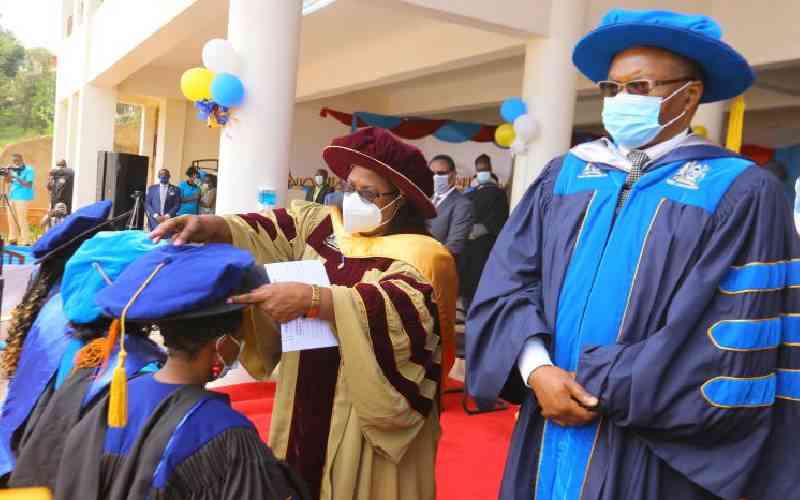×
The Standard e-Paper
Stay Informed, Even Offline

Among the most coveted honorifics, 'Doctor' ranks right up there, especially when accompanied by a deliberate posterior 'PhD' to underscore the fact that you actually read for your doctorate.
This means that you are not exactly a medic, nor a honoris causa recipient. Neither are you the mystical 'Daktari kutoka Kitui' whose adverts we see on every tree and wall claiming magical ability to offer paranormal solutions to matters of love, curses and ghosts.